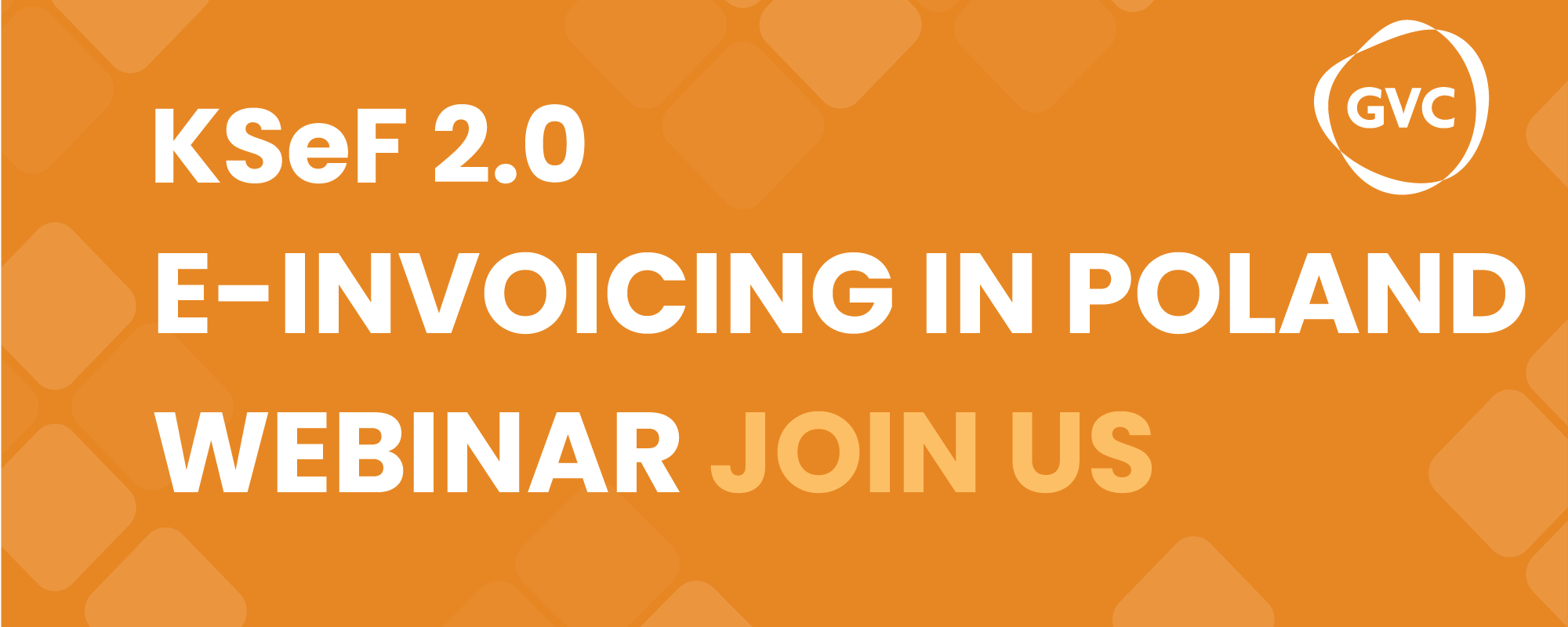- Slovenia will mandate B2B e-invoice exchange for all registered entities and self-employed individuals starting 1 January 2028; paper invoices will no longer be allowed in B2B.
- E-invoices must be structured XML documents; PDFs are not valid e-invoices.
- Exchange will occur via secure, decentralised channels (e-routing providers, direct system-to-system, PEPPOL, miniBlagajna); email is not allowed for B2B.
- No changes for consumers: paper invoices remain default unless the consumer opts in to e-invoices.
- The law changes only the invoice format, not tax reporting or fiscalisation rules.
Source: docnova.ai
Note that this post was (partially) written with the help of AI. It is always useful to review the original source material, and where needed to obtain (local) advice from a specialist.
Latest Posts in "Slovenia"
- FURS Urges Taxpayers to Submit October 2025 VAT Returns Amid Increased Inquiries
- Technical Documentation v3.1 Released: Mass Business Premises Registration and Key Fiscalization Updates
- General Court T-646/24 (MS KLJUCAROVCI) – Judgment – Triangular transactions can qualify for VAT simplifications despite delivery variations
- Slovenia to Mandate E-Invoicing for All Businesses from 2028: Key Changes Presented
- Slovenian President signs final act making e-invoicing mandatory from January 1, 2028















